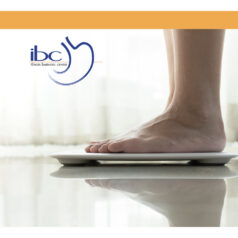
Will I Need to Take Supplements After Bariatric Surgery?
Obesity has become very common in the United States, with over 40% of Americans being overweight. Bariatric surgery has helped many people become healthier and cut down on their excess weight. Getting bariatric surgery is a lifetime commitment and will change your daily life, so it’s important to know all the information before making your final decision.
With all the benefits that bariatric surgery brings, there are also some side effects. These side effects may include vitamin or mineral deficiency, as well as some uncommon conditions, like metallic bone disease, osteoporosis, and/or anemia. For most bariatric surgeries, taking vitamins and supplements can help deter these side effects, but those supplement routines can get expensive quickly.
However, if you choose the Lap-Band® procedure, the risk of vitamin and nutritional deficiencies is greatly lessened.
Malabsorption and Supplements After Bariatric Surgery
Malabsorption occurs when your body is unable to properly absorb nutrients from food. Bariatric surgeries like the gastric bypass change the way your body absorbs nutrients, which can lead to deficiencies.
Whether or not you’ll require daily supplements depends entirely upon the bariatric surgery you decide to get. If you do not want to take a variety of vitamins and supplements for the rest of your life, then the Lap-Band procedure is perfect for you. During the Lap-Band procedure there is no cutting, rerouting, or removal of your stomach or digestive tract, meaning malabsorption isn’t an issue.
The Lap-Band surgery limits the amount of food that patients consume by placing an adjustable band around the upper portion of the stomach. While malabsorption isn’t an issue, the amount of food your stomach can hold is reduced, meaning you have less opportunity to absorb the proper nutrients. This can be remedied by taking a complete daily multivitamin. Expensive supplements, like the ones recommended after other bariatric surgeries, are typically not needed after the Lap-Band procedure.
At Illinois Bariatrics, we provide the highest quality care to all of our bariatric patients. If you’re considering a surgical weight-loss procedure, learn more about why the Lap-Band may be right for you.





